Newest Resources
Missing No More and the Right to be Forgotten
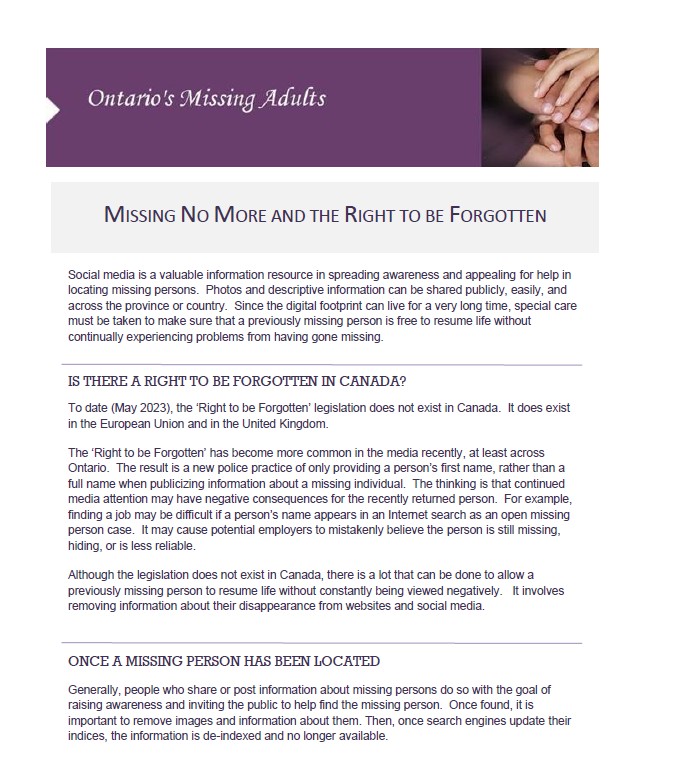
The focus of this fact sheet is how information may be handled after a missing person is located.
Missing Persons as Victims of Human Trafficking
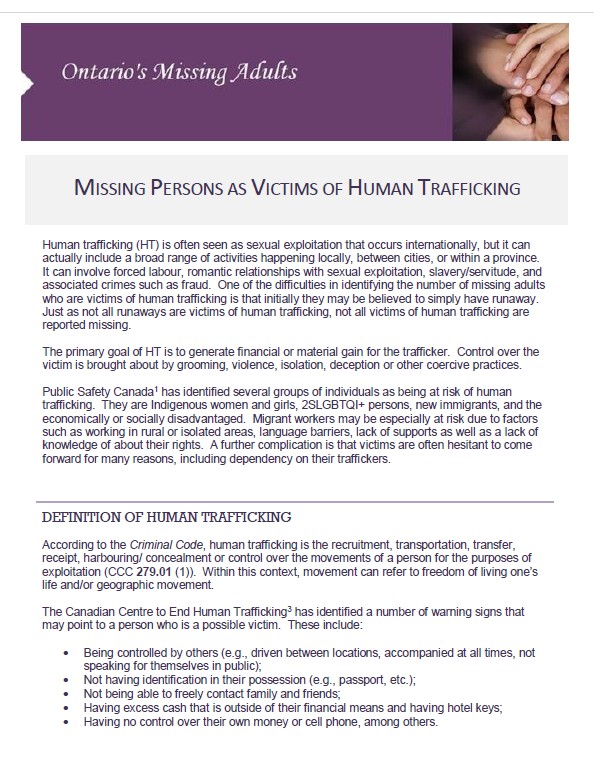
This fact sheet outlines some of the signs to look for that might show a person is at risk of going missing due to human trafficking.
The Signal for Help
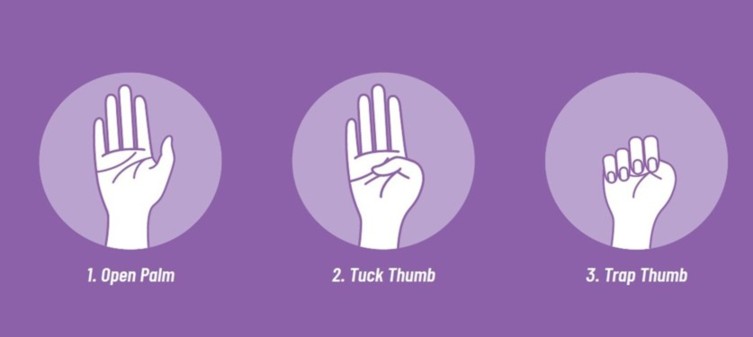
Learn to recognize the silent gesture known as the 'Signal for Help' and what it means.
Developed by the Canadian Women's Foundation.
Missing Person Legislation
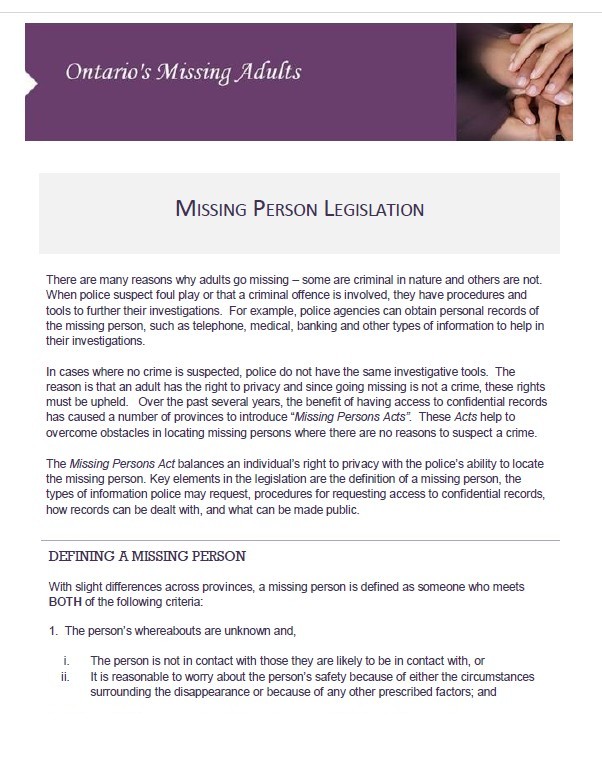
This fact sheet outlines the role that Missing Person Legislation plays in moving forward police investigations of missing persons where no foul play is suspected.
Protecting Missing Persons with Cognitive Impairments
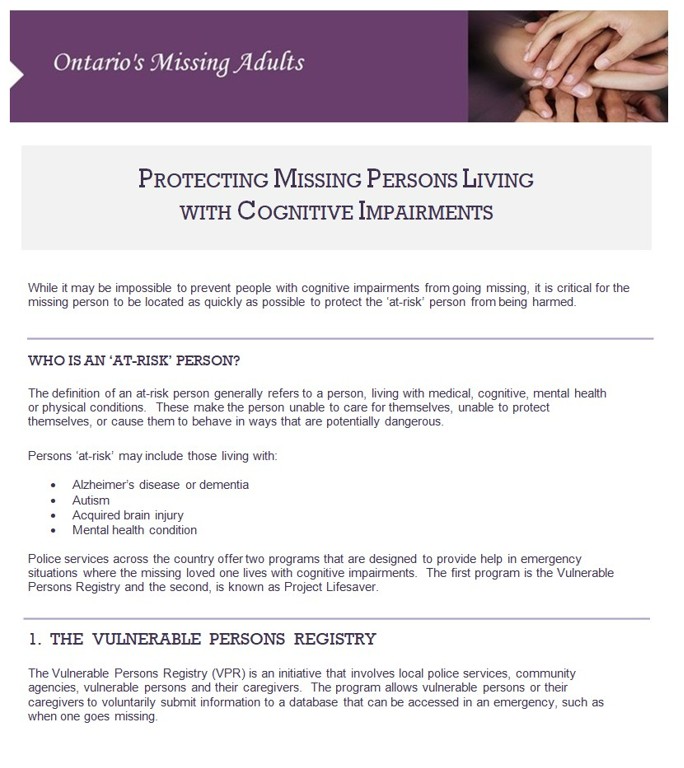
This fact sheet outlines the Vulnerable Persons Registry and Project Lifesaver as programs that can help to protect those with cognitive impairments.
The Changing Nature of Hope
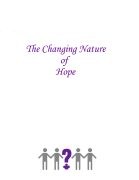
This fact sheet, written by The Canadian Centre for Information on Missing Adults. It discusses whether hope stays constant over the course of having a missing adult loved one.
Are Missing Adults Victims of Crime?
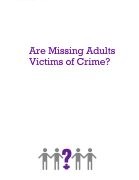
This fact sheet, written by the Canadian Centre for Information on Missing Adults, discusses whether missing adults are victims of crime and what the consequences are.
Missing Persons and the Canadian Police Information Centre
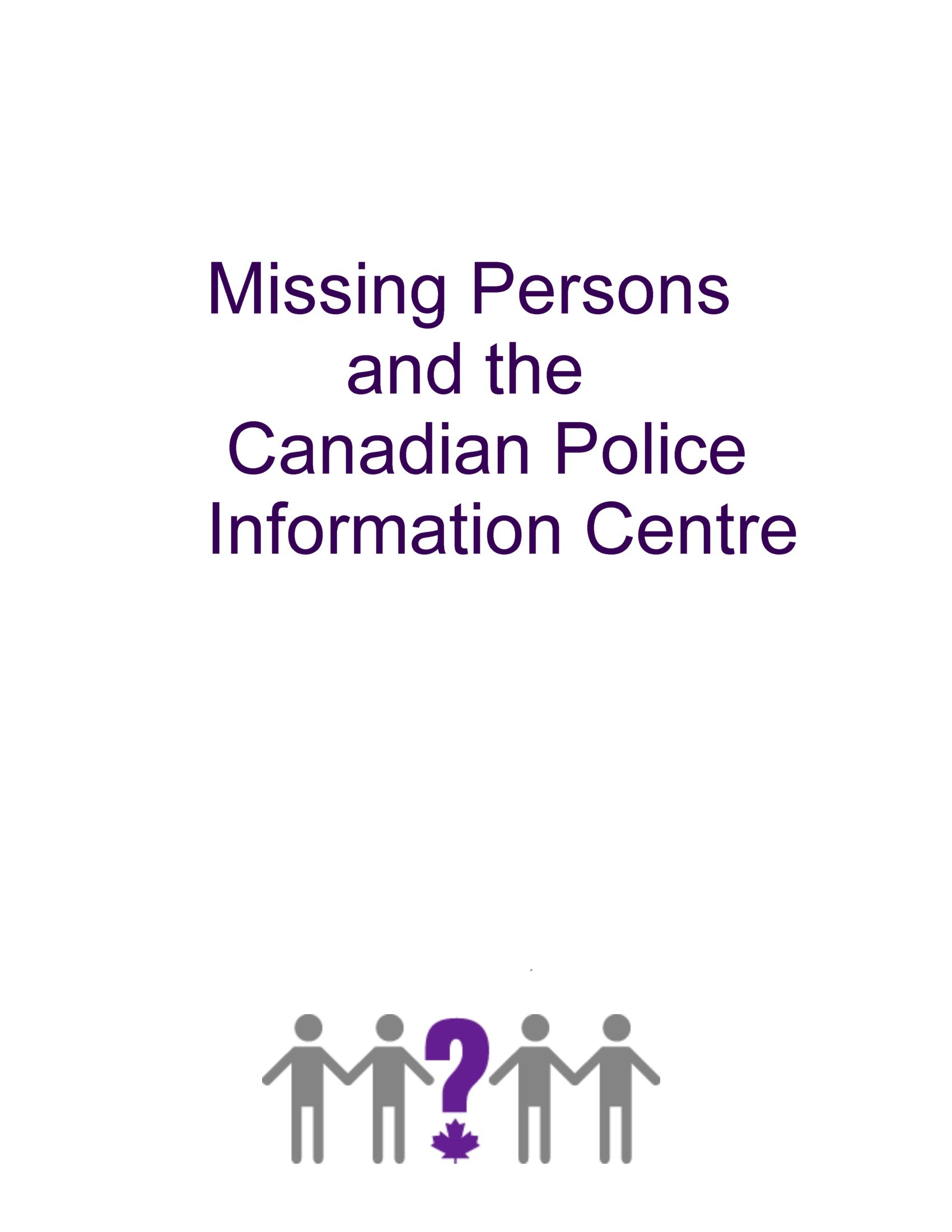
This fact sheet discusses the important of having your loved one's information entered into the Canadian Police Information Centre.
Written by the Canadian Centre for Information on Missing Adults.
Canadian Centre for Information on Missing Adults

The Canadian Centre for Information on Missing Adults (CCIMA) is a bilingual online resource that acts as an information and referral centre for families and friends of missing adults. The website also features information fact sheets for anyone interested in learning more about practices and policies relating to missing adults.
Click here to visit The Canadian Centre for Information on Missing Adults
Click here to visit Centre Canadien D'Information Sur Les Adultes Disparus
Creating Effective Social Media Messages

This fact sheets discusses how to create effective social media messages.
Families of Missing Adults: Finding Help
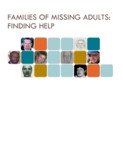
Provides information about working with police, media and protecting oneself when reaching out to the public.
Released by Ontario's Missing Adults.
Quick Facts about Reporting a Missing Adult in Canada
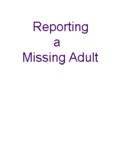
This fact sheet, written by the Canadian Centre for Information on Missing Adults, provides information about recognizing when a person has gone missing, waiting time for reporting and who can report a missing adult.
Schizophrenia and Missing Persons

Provides tips on adults who are living with schizophrenia and are at risk of going missing.
Published by the Schizophrenia Society of Canada.
Missing Person Checklist
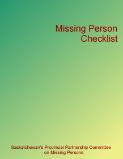
Provides families with a list of the types of information police will need when filing a missing person report.
Developed and released by the Saskatchewan Provincial Partnership Committee on Missing Persons. Modified and posted with permission.
Navigating the Missing Person Process
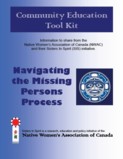
Provides an educational tool kit about what to do when a loved one goes missing.
Developed and released by the Native Women's Association of Canada (NWAC) and their Sisters in Spirit (SIS) initative.
Missing People: A Guide for Family Members and Service Providers
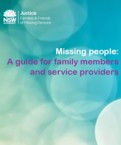
This publication is a comprehensive guide highlighting the issues and challenges faced by families of the missing. The guide provides information for families living with the disappearance of a loved one as well as service providers working with the families.
The guidebook was produced by the Families and Friends of Missing Persons Unit, NSW Department of Justice in collaboration with families experiencing the disappearance of a loved one.
In the Loop: Young People Talking about Missing
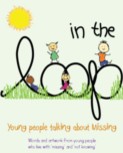
In the Loop is a resource for young people who are living with the disappearance of a loved one. It is also an informative guide for parents supporting young people when a loved one goes missing. This unique guide was written by young people who are living with the disappearance of a loved one.
Developed by the Families and Friends of Missing Persons Unit FFMPU), New South Wales, Australia. Modified with permission.
"Unending Not Knowing" - Missing People's overview of Ambiguous Loss
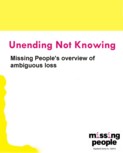
This fact sheet provides a brief overview of ambiguous loss. The fact sheet is excerpted from the An Uncertain Hope guidebook.
The guidebook was developed by the Missing People's Charity in the United Kingdom.
What is a Trigger?

Provides an explanation about what triggers are and offers tips on how to handle them when they occur. You can personalize the card with a key phrase that is meaningful to you.
Once printed and clipped, the document can be folded into the size of a business card and carried in your wallet.
The original card was created by Families and Friends of Missing Persons Unit, (New South Wales, Australia). It was modified from the original in agreement and co-operation of FFMPU.
Does a work colleague have someone missing?
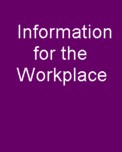
Provides information about supporting a work colleague who is living with the disappearance of a loved one.
Excerpt from the "Missing People: A Guide for Family Members and Service Providers"
Schizophrenia: Rays of Hope (5th edition)
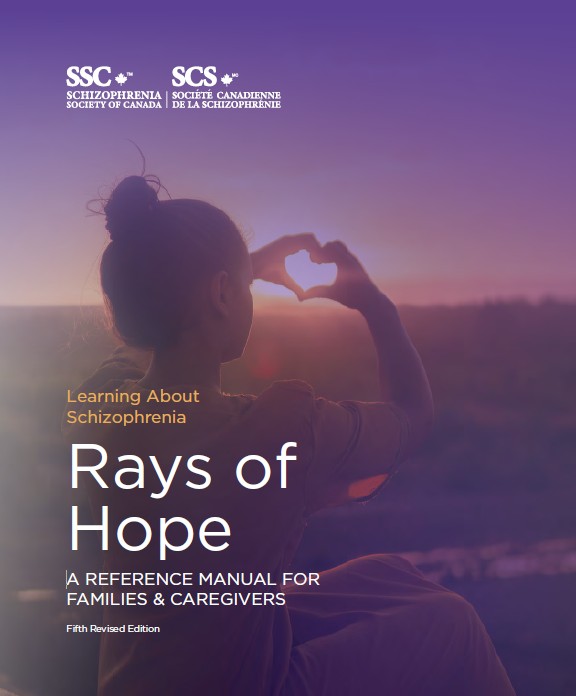
Provides comprehensive information for family members and caregivers of those living with schizophrenia. Included in this reference manual are suggestions for dealing with loved ones who are at risk of disappearing.
Published by the Schizophrenia Society of Canada. Updated Fifth Edition.
When a Person with Dementia Goes Missing
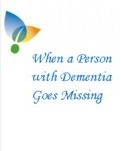
Provides a checklist of steps to take when a loved one living with Dementia goes missing.
Developed and released by the Alzheimer Society of Ontario.
Tips for Supporting Those Coping with the Disappearance of a Loved One

This document provides tips for supporting those living with a missing loved one. The suggestions are based on the experience of a family member living with a missing loved one.
The Disappearance of an Adult in Criminal Circumstances: A Guide Intended for Relatives and Interveners
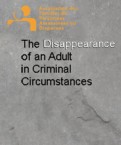
Produced by Association des familles de personnes assassinées ou disparues(AFPAD). The guide is intended to support the relatives of adults who have disappeared in criminal circumstances, to better inform them of the steps to be taken and to raise public awareness of this issue.
If the Media Calls: A Guide for Crime Victims & Survivors

Developed by the Canadian Resource Centre for Victims of Crime this guide provides victims with information about the focus of the media; the impact of media on victims; the risks/benefits of speaking to the media; tips for interacting with the media and high-profile cases.
Acknowledging the Empty Space - A Framework to Enhance the Support of People Left Behind when Someone is Missing
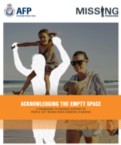
Developed by Dr. Sarah Wayland, this guidebook outlines suggestions for effective support services from counsellors, police, the media and the larger community when dealing with families of missing persons.
Video: Do All Families Hold the Same Hope 2015

This video presents a conversation between Dr. Sarah Wayland and Sarah Godwin in advance of family forums held by Missing People UK. The topic is whether all families hold on to the same hope in the case of a long-term disappearance.
"Missing" Guidebook
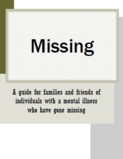
"MISSING" Guide - A guide for families and friends of individuals with a mental illness who have gone missing. This is a step-by-step resource designed to help families and friends understand their options and take concrete steps to help find their loved one.
Although contact information is specific to Manitoba, this guide outlines steps that family and friends can take to build awareness of the situation in the community and to supplement the efforts of police.
Family's Guide to the National Missing Persons DNA Program
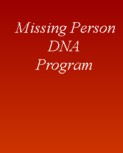
This guide provides general information to families of the missing who are considering the voluntary submission of their DNA to be used in comparisons against unidentified human remains. The guide explains various considerations such as participation in the program, informed consent and how samples are dealt with over time.
For English, please visit A Family's Guide to the National Missing Persons DNA Program